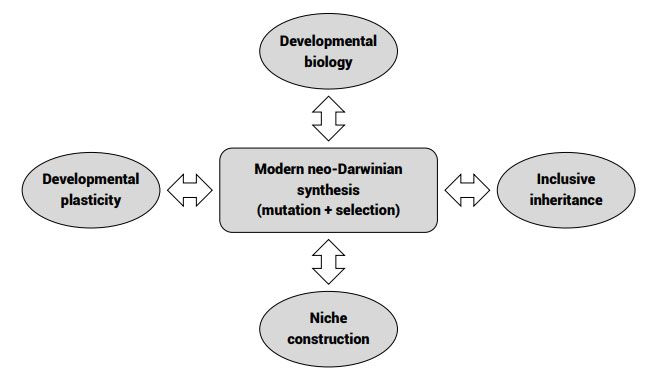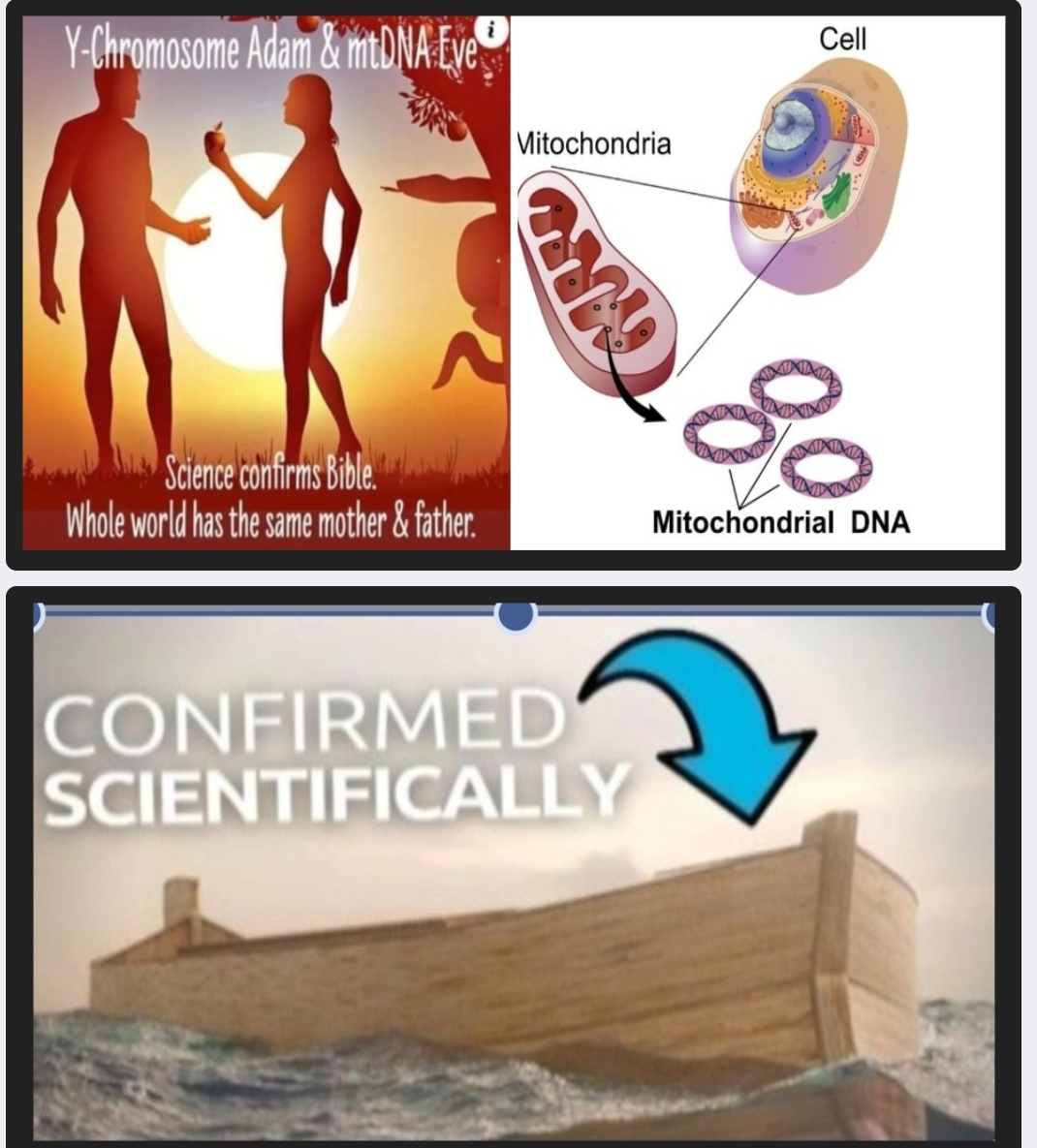10 ways the Modern Synthesis Fails
The Modern Synthesis is a widely accepted theory of evolution that integrates Darwinian natural selection with Mendelian genetics. It was developed in the early 20th century and has been the foundation of evolutionary biology ever since. However, there are a number of ways in which the Modern Synthesis has been criticized. Here are 10 ways that it has been said to fail:
It does not adequately explain the origin of new species. The Modern Synthesis can explain how existing species can change over time, but it does not provide a convincing mechanism for how new species arise.
It does not account for the rapid evolution of some traits. Some traits, such as the eye, appear to have evolved very rapidly, which is difficult to explain with the Modern Synthesis.
It does not take into account the role of epigenetics. Epigenetics is the study of how environmental factors can influence gene expression without changing the DNA sequence. The Modern Synthesis does not adequately account for the role of epigenetics in evolution.
It does not explain the diversity of life on Earth. The Modern Synthesis can explain the evolution of individual species, but it does not provide a comprehensive explanation for the diversity of life on Earth.
It is based on a static view of the genome. The Modern Synthesis assumes that the genome is a static entity, but in reality it is constantly changing. This makes it difficult to use the Modern Synthesis to predict how evolution will unfold in the future.
It does not account for the role of contingency in evolution. Contingency is the idea that evolution is not deterministic, but instead depends on a number of random events. The Modern Synthesis does not adequately account for the role of contingency in evolution.
It is based on a simplistic view of natural selection. Natural selection is often portrayed as a simple process of "survival of the fittest," but in reality it is much more complex. The Modern Synthesis does not adequately account for the complexity of natural selection.
It is based on a reductionist approach to biology. The Modern Synthesis reduces evolution to the level of genes and molecules. This approach has been criticized for ignoring the importance of other levels of biological organization, such as the organism and the ecosystem.
It is biased towards Western scientific thought. The Modern Synthesis was developed in the West and is largely based on Western scientific thought. This has led to some criticisms that it is not applicable to other cultures or worldviews.
It is not a complete theory of evolution. The Modern Synthesis is a powerful theory, but it is not a complete theory of evolution. There are still many aspects of evolution that the Modern Synthesis cannot explain.
It is important to note that these criticisms are not necessarily fatal to the Modern Synthesis. However, they do suggest that the theory needs to be revised or updated to take into account new evidence and new ways of thinking about evolution.




Comments
Post a Comment